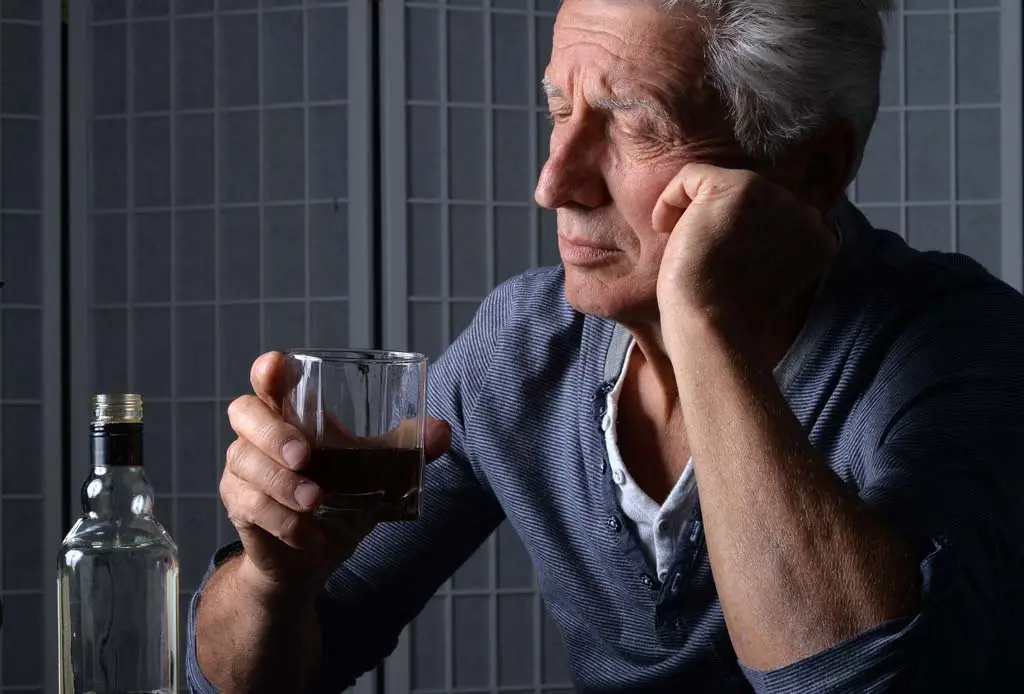
Euphoric Recall
Euphoric recall, what is it exactly?
Table of Contents
Euphoric recall is a term used in the field of psychology and refers to the phenomenon where individuals remember positive memories as being more intense than they actually were while remembering negative events as less intense than they actually were.
In cases where euphoric recall is strong, a person may recall that memories or an event were perfect and could not have been any better, even if their memories of it are not accurate or complete.
Keep reading to find out what role euphoric recall can play in addiction treatment and relapse, and how Emerald Isle prepares our clients to ward against these tempting recollections.
Free Mental Health Assessment
Euphoric recall and its rose-colored glasses
Relatively recent research suggests that a euphoric recall event may be caused by a disconnect between the emotional centers of the brain and areas like the hippocampus, where memories are stored. Studies show that after recalling an emotional episode (for example, sexual abuse or abusive treatment from a family member), people tend to rate their memory of it as “more intense than it actually was” and remember it as “more pleasant than it actually was.”
This tendency to view past experiences in life in a positive light as much as possible while ignoring or compartmentalizing the negative aspects of the experience is key to euphoric recall. This disconnect between our feelings of what we experienced and the objective reality of negative experiences within our past has deep and lasting implications for persons struggling with substance use or drug addiction.
Does euphoric recall have an impact on addiction?

Euphoric recall does not necessarily influence the addiction one has to a substance or drugs per se. However, it can directly affect the process of recall, and so, one can have the tendency to be unable or incapable of thinking holistically about the danger and consequences that are invariably a part of the addiction.
It can be a lot easier to take that first drink or drug when the memories of the damage done are obscured by the euphoria that doesn’t accurately portray what happened.
Euphoric recall and its influence on addiction recovery
According to recent studies, euphoric recall can affect addiction treatment, recovery, and relapse. The theory here is that a person who struggles with substance abuse has positive memories associated with these substances. A person’s brain may recall past events too positively, making them yearn for those feelings, eventually leading to a relapse. Therefore, when they feel stressed or depressed, they use these substances as a coping mechanism to relieve their emotions.
Recollections of drug use within a person’s brain are responsible for about half of all relapse events in addictions. When addicts see old friends still in the habit of addiction, they can tend to recount the glory days. This is active engagement with euphoric recall and can trigger feelings of euphoria.
This can last for years and, once triggered, can cause intense cravings for their previous drugs of choice. Regardless of the substance – alcohol or drugs, this risk is just as strong. The craving for a drink is just as potent as any other substance.
What can be done to limit Euphoric recall’s influence on the recovery process?
Most people experience euphoric recall. People can experience this not just around substances but just about everything. The thought of actions might bypass their consequences because of euphoric recall. People can tend to reminisce on abusive relationships, for example, erasing for themselves the bad memories that were inherently a part of the experience.
Due to the associative learning process, triggers like a setting or environment can bring on a flood of emotions that can lead to relapse. This article discusses how you can combat addictive euphoric recall and maintain your sobriety. It should be noted that while anyone is at risk of euphoric recall, those in early recovery are especially at risk.
24 Hour Mental Health Hotline
Tactics and Means of Preventing Relapse due to Recall
The best way for addicts to avoid euphoric recall is not just to avoid using drugs – it’s also to avoid situations where they’re likely to be tempted. Spending time with a person who uses, for example, can certainly make it easier for an addict to rationalize their thinking to use again.
In order to combat this effect, addicts need to spend time with people who aren’t going to put them in situations where they’re likely to relapse – even close friends or family might not always have their best interests at heart when it comes to addiction.
Sober Connections can form a Reality Check
Recovering addicts need to find ways to combat euphoric recall by replacing these positive associations with others that are healthier and more productive. Relationships with any person that still uses the drug or alcohol should be kept to a minimum to reduce temptation.
One tactic that some people use is to keep a diary or journal where they write down five things they are grateful for every day. The purpose of this exercise is to replace their addiction-related euphoric memories and desire to use with happier, healthier ones.
The experience of the addict with euphoric recall

The reality is that persons who fall victim to addiction are usually in a great deal of pain. This hurt can be emotional or physical, and no treatment is actually able to fix this. Just as this is a truth, it is important to remember that the journey of healing is a long one and not necessarily a straight A to B.
For persons who are suffering under the grip of substance use, there is usually a large amount of shame associated both with the habit, and their past, as well as how tenuous their recovery may feel.
There is a great deal of fear around the potential consequences of relapse, and ironically enough, this can trigger the euphoria around the escapism of the substance. In forgetting just how dangerous the alcohol or substance use was to their life and recalling only the positive aspects of the experience, a person struggling is almost always under pressure that makes them highly at risk.
Immediate Placement for Mental Health Treatment
Find Real Hope for Lasting Recovery at Emerald Isle
Losing hope is not an option. The truth is that almost all of us have the ability to look forward to our recovery, past the temptation of euphoric recall. This can be a key way to safely move on.
If you are sober and struggling, or unable to achieve lasting recovery due to the nostalgia you have for past drinking and drug use, we can help. Reach out today to Emerald Isle and speak with our Admissions teams, it can truly take the weight off your shoulders, so call now!








